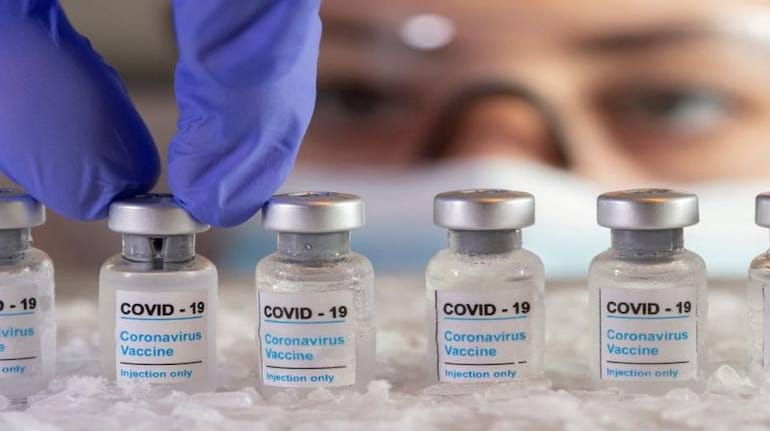



K. VijayRaghavan, Principal Scientific Advisor to Prime Minister Narendra Modi said the Covid-19 vaccines approved in India are expected to provide at least a year of immunity against Covid-19, if not longer.
"The expectation is that the immunity due to the vaccines will be significantly long, certainly we think over a year, how long we don't know," VijayRaghavan said addressing questions on Covid-19 vaccines.
VijayRaghavan said the vaccination against Covid-19 is expected to be a recurring process for at least some years.
"Once we start vaccinating very large part of our population, there will be a range of people who have been vaccinated at different times, the earliest ones might start losing immunity, they will be vaccinated again, and then over a period of time the later ones will start losing immunity they will be vaccinated," VijayRaghavan said.
"It's an incremental process, which we will see in our vaccination; it's not small, but something that system can adapt and deal with," VijayRaghavan said.
With vaccine development timelines shrunk to 12-18 months, there is no clarity on how long the current Covid-19 vaccines offer protection against the virus.
Moderna CEO Stephane Bancel early this month said the company's Covid-19 mRNA vaccine is likely to offer protection of up to a couple of years.
Efficacy against mutant strains
On whether the Covid-19 vaccines approved by the government have any efficacy against the mutant SARS-CoV-2, the Principal Scientific Advisor to PM said he thinks the current vaccines still work against Covid-19 mutant viruses.
VijayRaghavan said three mutant SARS-CoV-2 variants that have emerged in the UK, South Africa and Denmark have been of importance. The SARS-CoV-2 mutated variants of the UK and South Africa are known to have high transmissibility, the Danish variant referred as "cluster 5" which has emerged from mink farms has been showing moderately decreased sensitivity to neutralising antibodies.
The advanced laboratory studies to fully understand the transmissibility, clinical presentation and effectiveness of diagnostics, therapeutics and vaccines are still going on.
India has granted restricted emergency use approval to Serum Institute of India (SII) Covid-19 vaccine Covishield and Bharat Biotech's Covaxin. The vaccines will be rolled out in the coming days. Bharat Biotech Covaxin is approved under 'Clinical Trial Mode' which means consent will be taken from the recipients of the vaccine, and they will be closely monitored; however, there will be no placebo arm.
Discover the latest Business News, Sensex, and Nifty updates. Obtain Personal Finance insights, tax queries, and expert opinions on Moneycontrol or download the Moneycontrol App to stay updated!
Find the best of Al News in one place, specially curated for you every weekend.
Stay on top of the latest tech trends and biggest startup news.